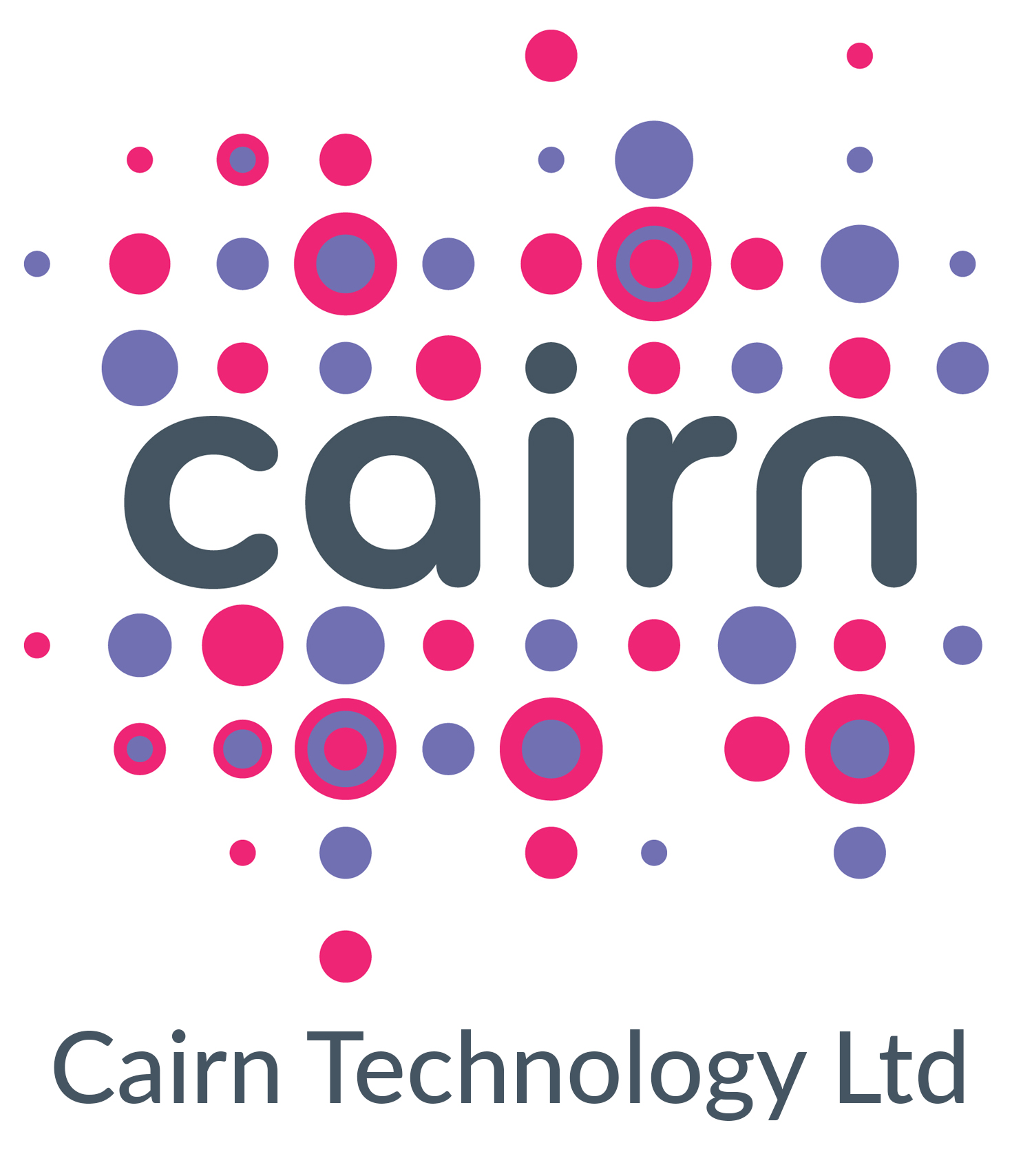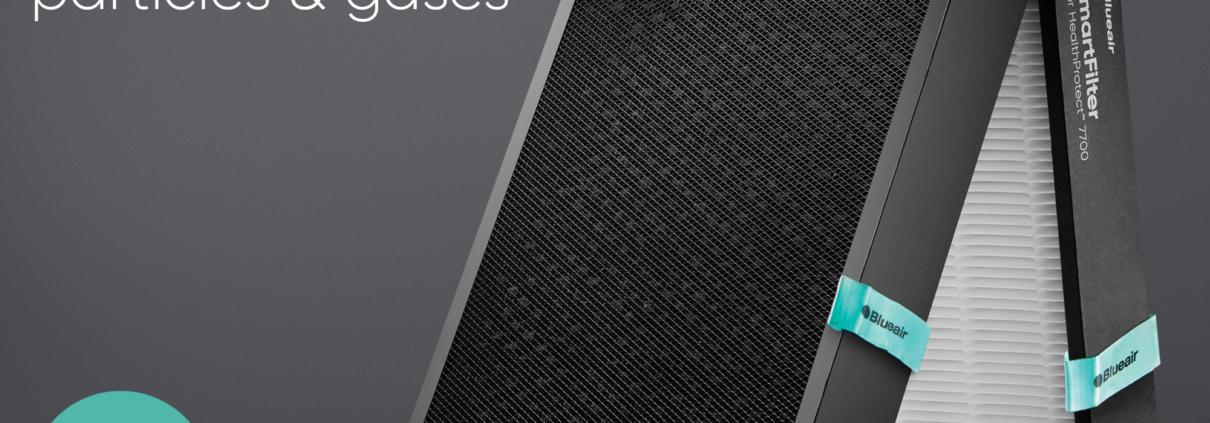UVC vs. HEPA Air Filters and Purifiers
An intelligent air filtration system plays an integral part of effective infection control in hospitals.
If you’re considering a new air filtration system for your hospital or healthcare setting, then it’s important that you choose a system you can depend on.
In this post we’ll explore the differences between two different types of air filters and purifiers – UVC and HEPA – to help you decide which system is right for you.
Be sure to also read our essential guide to air purifiers, and how they work.
What is a UVC Air Purifier?
A UVC air purifier uses ultraviolet light to kill viruses and bacteria in the air. They capture air and pass it through a filter, before passing it through an internal chamber where it’s exposed to UV-C light. Some, but not all, UVC air purifiers will then filter the air once more before releasing it back into the room.
UVC air purifiers can be hugely effective at trapping and destroying airborne viruses and bacteria, so in theory they could help with infection prevention and control in hospitals. However, there are some serious downsides to UVC air purifiers that may make them ineffective for use in healthcare settings:
- It’s not a one-size fits all approach. Most UVC air purifiers are designed to be installed in existing air duct systems. The efficiency of the purifier will then depend on a number of variables, including the air flow, the air temperature range, and the dimensions and materials of the air duct. Designing the system in accordance with these variables can drive up the cost of installation.
- They’re not wholly effective. UVC air purifiers are good for catching and killing viruses and bacteria, and their pre- and post-filtering processes can also help remove other hazardous and toxic air pollutants. However, UVC air purifiers cannot currently remove volatile organic compounds (VOCs) from the air, such as those generated by cleaning products.
- They can produce harmful by-products. When high-energy UV-C light breaks down oxygen particles, these particles can then combine with other oxygen particles in the air to form ozone. Ozone is a pollutant, and exposure can lead to airway inflammation, coughing, and a sore throat. It can also aggravate the symptoms of existing conditions including asthma and lung disease.
HEPA Filters are Best for Healthcare
UVC air purifiers are unsuitable for healthcare settings because they’re incapable of catching all potentially harmful pollutants, and because they produce pollutants of their own.
Instead, choose a HEPA air filter for effective infection control and reliable air purification.
What is a HEPA Filter?
HEPA stands for “high-efficiency particulate air filter”. A HEPA filter features a number of thin layers of fibre laid on top of each other. This filter allows air to pass through while trapping any potentially harmful particles and pollutants. Because the filter’s fibres are layered randomly, it produces an almost-impenetrable maze. This means it’s capable of catching even the smallest of particles.
A good HEPA filter can trap 99.97% of all particles down to 0.1 microns. This includes:
- Dust
- Pollen
- Mould
- Microplastics
- Smoke
- Volatile organic compounds (VOCs)
- Fine particulate matter (PM2.5), including air pollution from roads and industrial processes
And apart from all this, HEPA filters can trap and kill viruses and bacteria. It’s for this reason that air purifiers play a vital role in infection control in hospital and healthcare settings.
The only downside with HEPA filters is that they require ongoing maintenance to remain effective. In a healthcare setting, for example, you’ll have to periodically change your HEPA to meet your HSE COSHH obligations.
The Best HEPA Filter for Hospitals and Healthcare Settings
Our Blueair HealthProtectTM air purifiers use HEPASilent technology to quietly fill rooms with clean air. Meanwhile, the GermShield system proactively monitors the room for viruses and bacteria, even when on standby, while the unique SpiralAir outlets effectively deliver more clean air to every corner of the room.
HEPASilent technology is quieter and more energy-efficient than a traditional HEPA filter, quickly providing a uniquely high flow of clean air. And where standard HEPA filters simply capture viruses and bacteria, HEPASilent filters use an electric charge and a high airflow to kill harmful microbes.
Thanks to this advanced system, our Blueair HealthProtectTM air purifier can remove up to 99.97% of all airborne particles in a 36m² room, with a Clean Air Delivery Rate (CADR) that will completely filter the air in a room 4.8 times an hour. So it’s highly effective at minimising the risks of infection and air pollution in your wards and waiting rooms. It can quickly return clean and healthy air, and if you commit to ongoing maintenance, it will continue to deliver indefinitely.
Head here to learn more about our specialist HEPA air purifiers for hospitals and healthcare settings.



